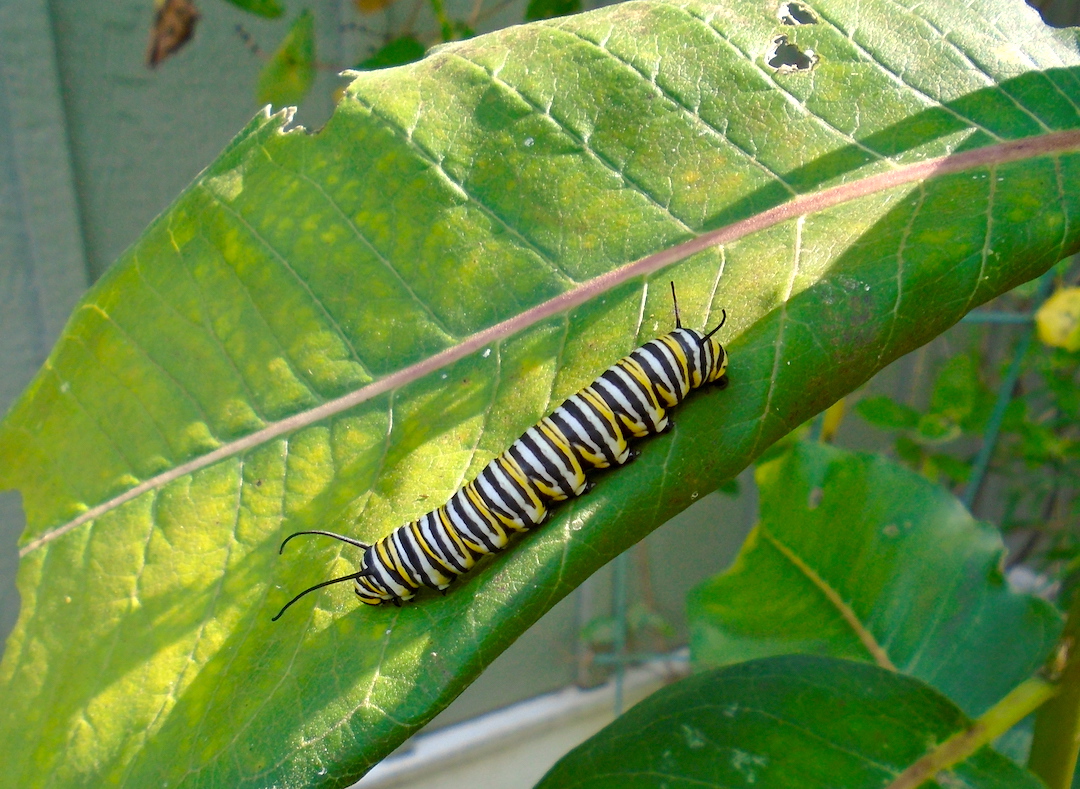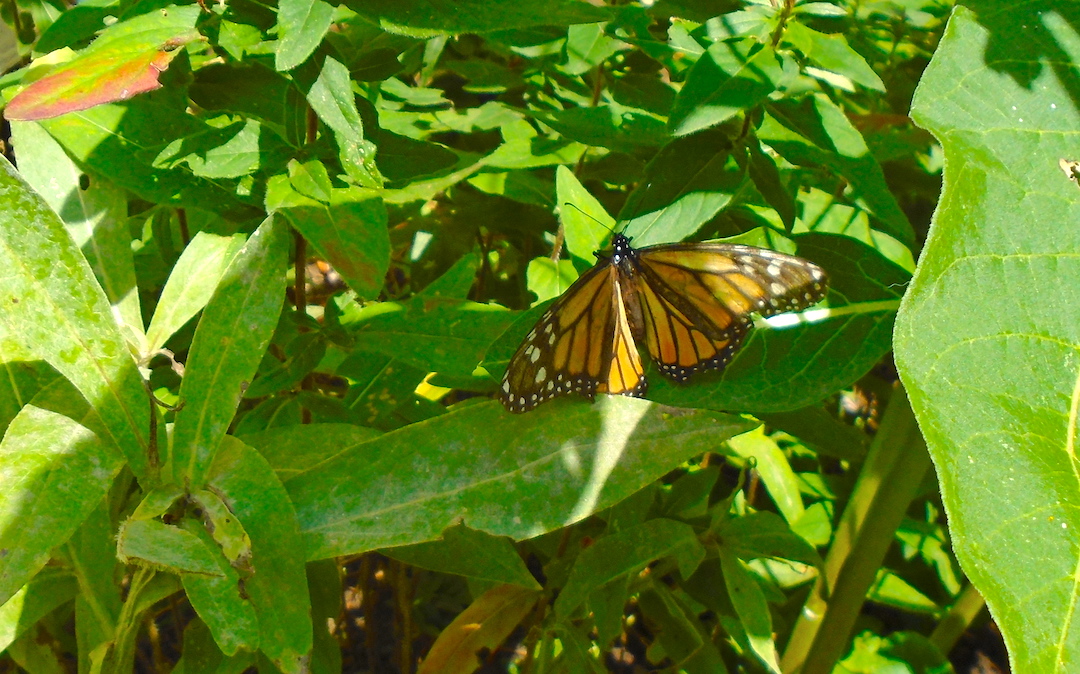Sue Carson
As spring is with us, Creation Matters Working Group, a National Church group, encourages your parish to prepare to celebrate Earth Sunday, either on Easter Day — April 21 — or the following Sunday, April 28.
As part of the service plan to sing All Things Bright and Beautiful, one of the most famous children’s hymns written.
Cecil Frances Alexander was inspired by the countryside, but now the areas that were bright and beautiful are shrinking because of resource extraction, uncaring multinational companies and an apathy for preservation.
Creatures both great and small are disappearing — in the sea and on land due to over-fishing, pollution and destruction of habitats. The world was captivated by the plight of the orca whale who held her dead calf out of the water for 17 days last summer. Shipping and lack of salmon have made her orca pod vulnerable.
And for a small creature — the plight of the monarch butterfly seems to have motivated so many people to plant milkweeds.

One hopes it is not too late to save these and other creatures, both great and small, that are finding it hard to survive.
Others verses in All Things Bright and Beautiful mention radiant flowers — but increasingly non-native species are crowding out indigenous plants.
Vibrant birds are still singing, and most of us have heard the loon’s wild haunting call, but increasingly their numbers are decreasing.
We still have cold winds in the winter, but in the Canadian Arctic warmer winds have been blowing. In her book The Right to be Cold, Sheila Watt-Cloutier, the Inuit activist, documents the dangers a warming Arctic is having on Inuit peoples.
Sea ice is disappearing, and it is harder and more dangerous to hunt; polar bears can’t find enough food; and melting permafrost is causing homes to sink.
That pleasant summer sun didn’t seem quite so wonderful in the summer of 2018 with people dying from the heat in Ontario and Quebec.
The hymn mentions the rocky mountain splendour — who could destroy our iconic Rockies? But in the Appalachian Mountains in the US, coal mining companies are using explosives to blow off the tops of mountains to expose the coal.
The burning of coal causes some of the worst emissions. The destruction of the mountains leads to soil erosion, causing mudflows so the rivers below are polluted.
In Canada those forests in the fall have become paper or they are destroyed for bitumen extraction. Insects are killing many varieties of trees, making them more susceptible to forest fires.
In other parts of the world rain forests are disappearing at an alarming rate to provide land for farmers or to grow palm oil trees.
The final verse of the hymn says, He gave us eyes to see them … And lips that we might tell …
So, what do we need to do about these climate change disasters?
As Anglicans and stewards of creation, we must acknowledge these losses. We must use our eyes to see and our lips to tell, our fingers to write to all levels of Government, our hands to plant trees, our feet and bodies to walk and march and our hearts and minds to pray.
Our Creator is great, and he has made all things well — it is up to us to ensure they stay well.
Please celebrate Earth Sunday — not just one day but for 365 days a year.
Sue Carson is a member of St. James Dundas and Chair of Greening Niagara.

Resurrection of Hope in Thundering Waters